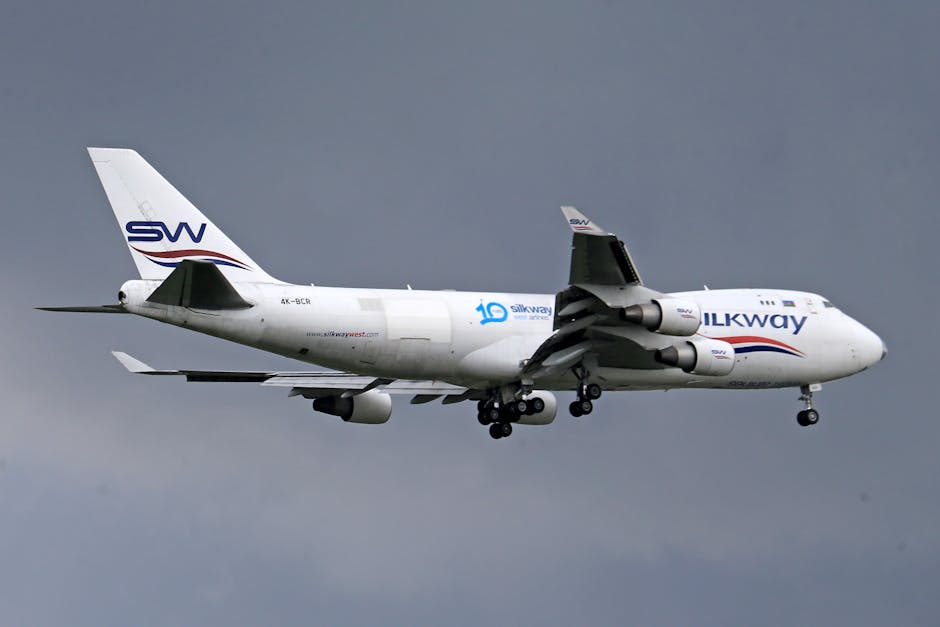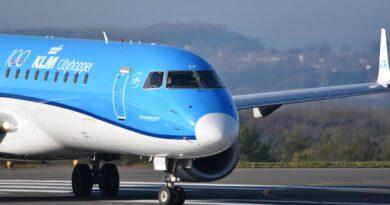The Impact of Global Events on Airlines
Did you know that a single event can shake the airline industry to it’s core? Whether it’s a natural disaster, a political crisis, or a global pandemic, such occurrences can change how airlines operate overnight. This article explores how various global events impact airlines and what that means for travelers like you.
How Do Global Events Affect Airlines?

Airlines are sensitive to global events. When something significant happens, it can lead to changes in travel demand, safety protocols, and operational costs. These changes can affect ticket prices, flight availability, and even the routes airlines choose to operate.
What Happens During a Natural Disaster?

Natural disasters, like hurricanes or earthquakes, can disrupt airline operations drastically. Airports may close, flights can be canceled, and even the planes on the ground may be at risk of damage.
For example, when Hurricane Katrina hit New Orleans in 2005, airlines canceled thousands of flights. They had to reroute planes and staff to other cities, leading to a massive logistical challenge. The disruption was not just costly for the airlines; it also left many passengers stranded.
How Do Political Crises Impact Airlines?

Political instability or conflict can also lead to dramatic shifts in air travel. When tensions rise in a country, airlines often suspend flights to keep passengers safe. This is a precautionary measure, but it can leave travelers in a tough spot.
For instance, during the Arab Spring in 2011, many airlines canceled flights to and from affected regions. This type of disruption can lead to lost revenue for carriers and inconvenience for travelers.
What Role Does a Pandemic Play?

The COVID-19 pandemic is a prime example of how a global health crisis can reshape the airline industry. Travel restrictions and safety concerns led to a sharp decline in demand for air travel. Many airlines faced bankruptcy or had to seek government bailouts.
In 2020, air travel dropped by 60% compared to the previous year. To stay afloat, airlines had to adapt by introducing health measures like mask mandates and enhanced cleaning protocols. They also reduced routes and offered flexible booking options to entice passengers back.
What About Economic Factors?
Economic downturns also play a role in airline performance. When the economy is weak, people travel less. They might postpone vacations or skip business trips. This decline in demand forces airlines to reduce prices and offer promotions to attract customers.
For example, during the 2008 financial crisis, many airlines slashed their fares to fill seats. While this strategy can help increase passenger numbers, it also impacts profitability.
How Do Airlines Respond to Global Events?
Airlines are quick to adapt to the challenges posed by global events. Here are a few common strategies they use:
- Flexible Booking Options: Many airlines introduced flexible tickets that allow passengers to change their travel dates without penalties.
- Enhanced Safety Protocols: Airlines implemented strict hygiene measures, such as sanitizing aircraft before every flight.
- Route Adjustments: Carriers may cut less profitable routes or add new destinations based on demand.
- Price Promotions: To encourage travel, airlines often offer discounts and deals.
By making these changes, airlines aim to rebuild passenger confidence and encourage travel again.
What Can Travelers Do?
As a traveler, it’s essential to stay informed. Here are some tips:
- Stay Updated: Follow news about travel restrictions, safety updates, and airline policies.
- Be Flexible: Consider booking flexible tickets that allow changes without fees.
- Travel Insurance: Invest in travel insurance to cover unexpected cancellations or changes.
Are Airlines Prepared for Future Events?
Airlines are learning from past events. They are investing in technology and training to better prepare for unexpected disruptions. Many are also focusing on sustainability to attract eco-conscious travelers.
Experts believe that the airline industry will continue to evolve. As global events change, airlines must stay agile and responsive to meet the needs of their passengers.
what’s Next for the Airline Industry?
Looking ahead, the airline industry faces several challenges and opportunities. Climate change is a growing concern. Airlines are exploring ways to reduce their carbon footprint by using more fuel-efficient planes and sustainable fuels.
Additionally, technological advancements, like artificial intelligence and improved customer service tools, will shape the future of air travel. These innovations can make booking easier and enhance the overall passenger experience.
In Conclusion
Global events significantly impact airlines, affecting everything from ticket prices to safety protocols. Understanding these influences can help you make informed travel decisions. Remember to stay adaptable and informed as the airline industry continues to change.
To learn more about the airline industry and it’s challenges, check out this IATA report. For tips on how to find the best flight deals, read our related post on finding the best flight deals.



